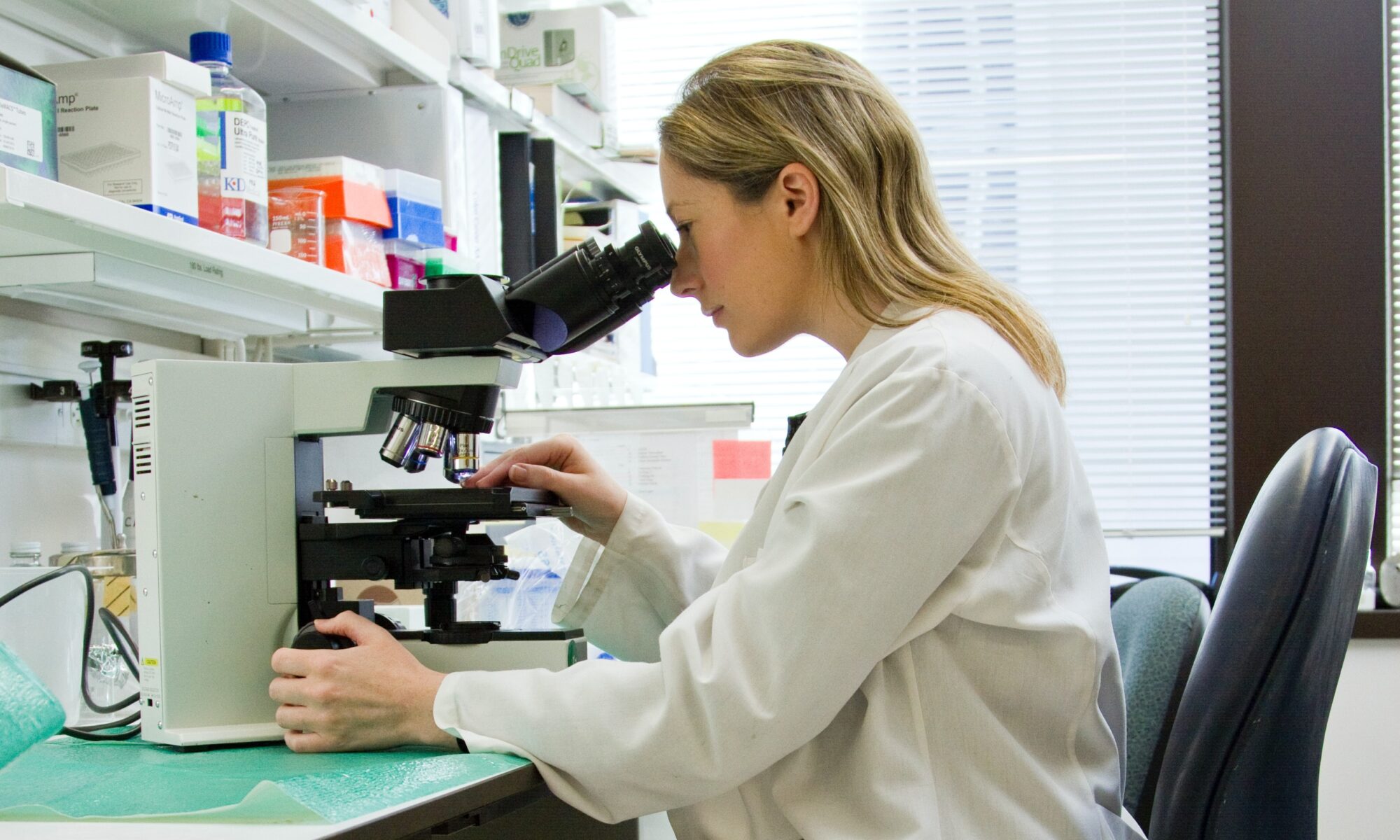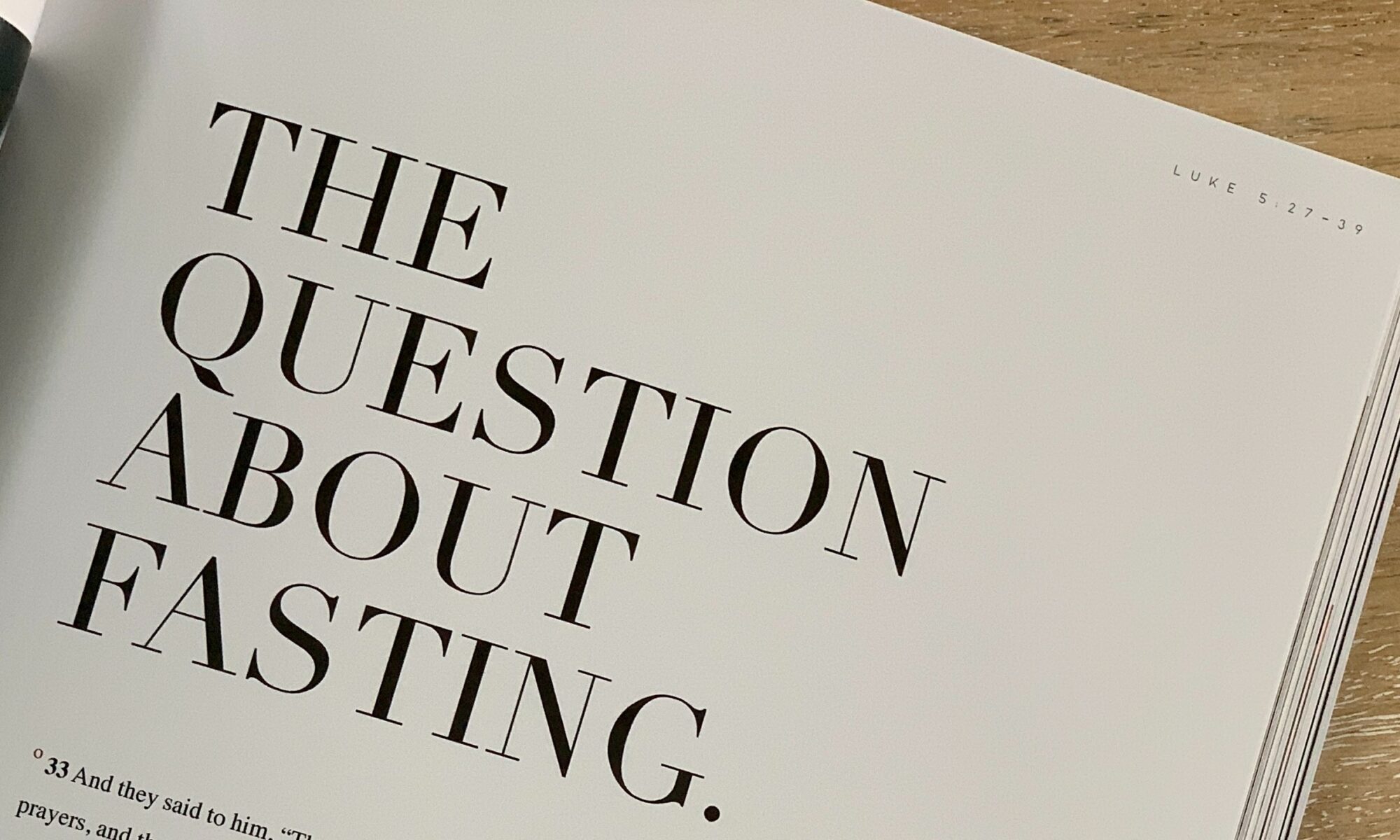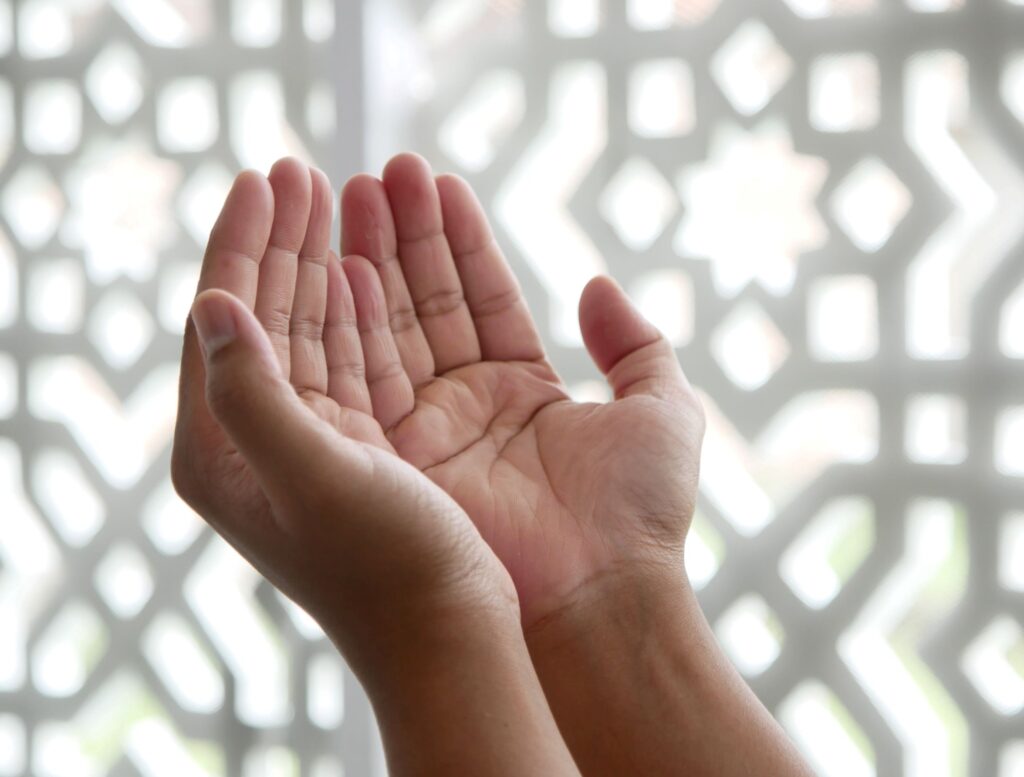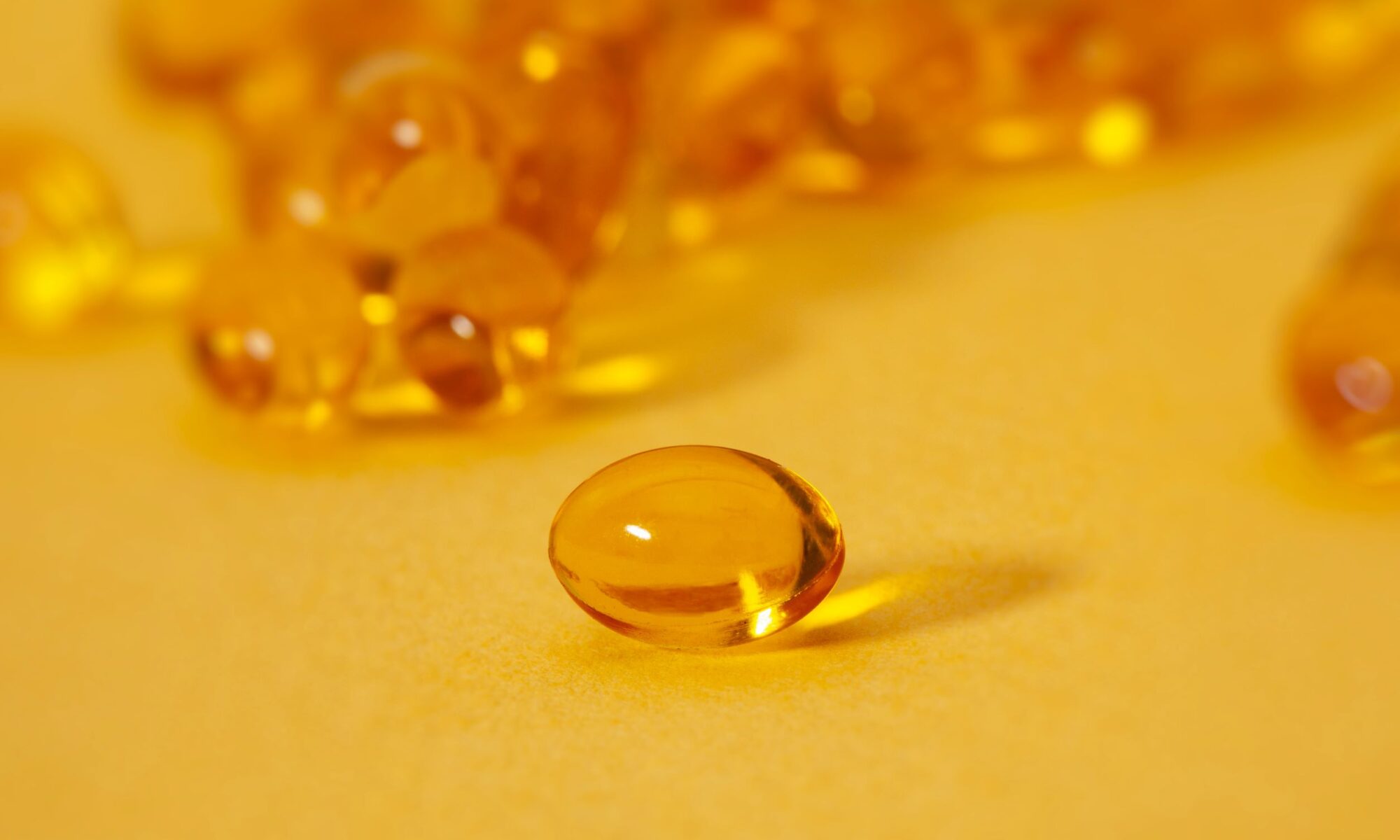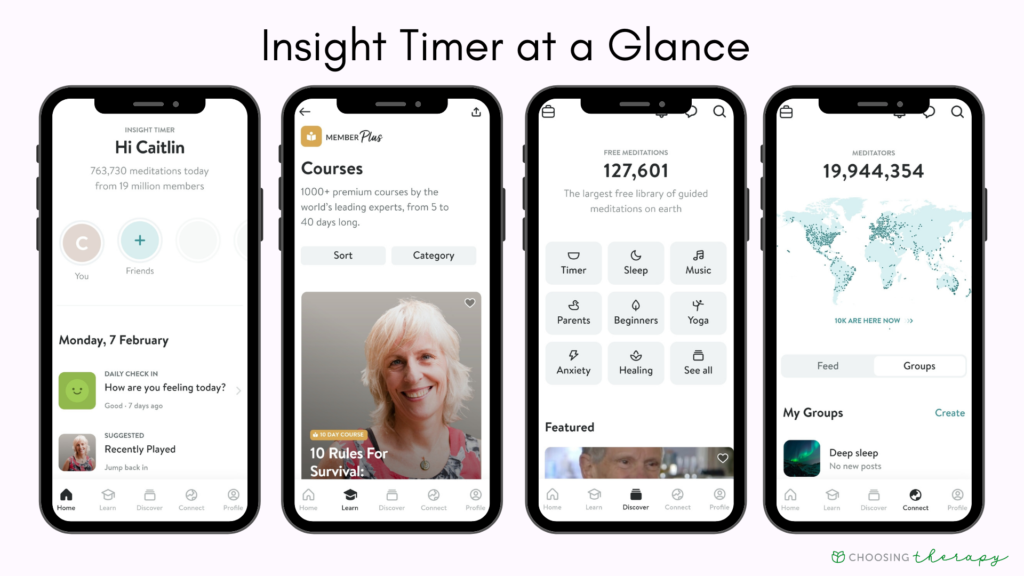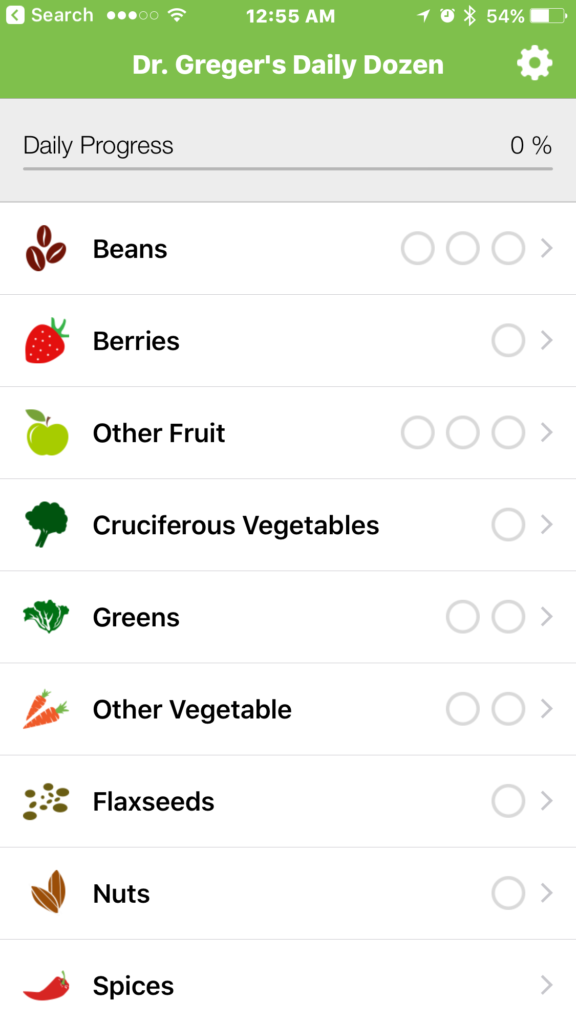Please note that I am not medically qualified. If you have concerns about your health you should seek advice from a medically qualified professional. The information provided is based on publicly available sources, and is no substitute for personal healthcare. It is important to understand that there is much more research needed into Gilbert’s Syndrome, and no single study is definitive.
Summary
- If you have Gilbert’s Syndrome your UGT1A1 gene and enzyme are affected. It is not proven, but some think that this may also reduce your ability to deal with cancer causing toxins and hormones as well as drugs which treat cancer.
- Depending on your heritage you may have different variations of the Gilbert’s Syndrome gene.
- The gene variant most commonly causing Gilbert’s Syndrome has been linked to colorectal and lung cancer, and oestrogen which may affect breast cancer.
- However, there are no proven direct links to Gilbert’s Syndrome and getting cancer
- This gene is one small part of a very complicated puzzle. There are many other factors in the development of cancer. These include your environment, diet, health, gender, age, background, and many other genes.
- It would take a great deal more research to prove a clear risk.
- What can you do to ensure you reduce your cancer risk? A healthy lifestyle is the best way to reduce your risk of cancer. A diet that focuses on plants, regular moderate exercise such as walking in nature, a resilient mindset, good sleep and social networks all help reduce your risk.
Read on to find out more…
The gene that is thought to increase risk of cancer.
Gilbert’s Syndrome is caused by a variation in your genes. The gene usually responsible is the UGT1A1*28 variant. This means you have 30% to 40% less of an enzyme that processes bilirubin and certain toxins in your body. There are other variants that have been found to cause Gilbert’s Syndrome, such as UGT1A1*1, *6 and *36. These other variants are often linked to your heritage.
You can read more about the differences in some of the papers below
- Racial variability in the UDP-glucuronosyltransferase 1 (UGT1A1) promoter: A balanced polymorphism for regulation of bilirubin metabolism? https://www.ncbi.nlm.nih.gov/pmc/articles/PMC20948/
- Frequency of the UGT1A1*28 Polymorphism in a Romanian Cohort of Gilbert Syndrome Individuals https://pubmed.ncbi.nlm.nih.gov/28338110/
- Compound heterozygous UGT1A1*28 and UGT1A1*6 or single homozygous UGT1A1*28 are major genotypes associated with Gilbert’s syndrome in Chinese Han people https://pubmed.ncbi.nlm.nih.gov/33631237/
UGT1A1 is the only enzyme that can glucuronidate bilirubin.
When it comes to the relationship between the UGT1A1 enzyme, carcinogens (cancer-causing substances), and cancer risk, research has mainly looked at the enzyme’s role in metabolising certain drugs and toxins. Some carcinogens and toxins are processed by UGT1A1 through ‘glucuronidation‘, which helps your body get rid of them.
The role of UGT1A1 and its genetic variants to specific types of cancer can vary. Some studies have explored the link between UGT1A1*28 and certain types of cancer, such as colorectal cancer and lung cancer. The thinking behind these studies is that reduced UGT1A1 activity could affect the body’s ability to metabolise and eliminate certain carcinogens. It is thought that this potentially increases cancer risk. However, the results have been mixed and not always consistent across different populations and studies.
Digging deeper into the science
A number of case-control studies have investigated the thinking that the gene could be linked to cancer. These studies identified lots of different UGT variations in UGT1A and UGT2B genes as genetic risk factors for a wide variety of cancers. These include bladder, breast, colorectal, endometrial, esophageal, head and neck, liver, lung, prostate, and thyroid. These UGT variations may be cancer causing, or be linked to other UGT genes or neighbouring genes. https://pubmed.ncbi.nlm.nih.gov/26828111/
‘As recently reviewed [37], case-control studies have shown that a large number of genetic polymorphisms of UGT genes are associated with cancer development and progression. This is believed to be related to the critical roles of UGT enzymes in the systemic metabolism and clearance of carcinogens, cancer-modulating molecules, and anticancer drugs.’
https://www.mdpi.com/2072-6694/13/17/4491/htm
Here are some of the studies looking into the link between the gene and cancer.
- This study looked at the impact on breast cancer https://pubmed.ncbi.nlm.nih.gov/15111762/ ‘When stratified by age, carrying the *28 allele was associated with an increased risk of breast cancer among women aged less than 40 years (odds ratio [OR] = 1.7; 95% CI = 1.0-2.7) but not among women 40 years old and over (OR = 0.8; 0.7-1.1).’
- Studies suggest that when people with this variant eat food containing cancer-causing chemicals, such as well-done red meat, less of the cancer-causing chemicals from the meat get deactivated [78].
- A study in 765 people found that having two copies of UGT1A1*28 was associated with higher odds of having lung cancer [79].
- Similar associations have been found for UGT1A1*28 and breast cancer (240 and 2130 subjects), and colon cancer (168 subjects) [80, 81, 82].
Conclusion
It’s important to note that cancer is a disease influenced by a combination of genetic, environmental, and lifestyle factors. While the UGT1A1 enzyme’s role in metabolising carcinogens is relevant, it’s only one piece of the complex puzzle of cancer development. If you have concerns about your cancer risk you must consult with a healthcare professional. They can provide personalised guidance based on your medical history, genetic profile, and other risk factors.
How to reduce your cancer risk
You can’t reliably prevent yourself from getting cancer. But you can certainly reduce your risk considerably. Here are the top things you can do that are also great for you if you have Gilbert’s Syndrome = a win win!
- Reduce or remove alcohol. This will likely make you feel much better if you have Gilbert’s Syndrome.
- Eat a plant based diet. Include broccoli which is great for people with Gilbert’s Syndrome. Add green leafy plants as well as a wide variety of colourful plants and fruits. Here’s more about food and some easy, delicious, affordable recipes https://gilbertssyndrome.org.uk/easy-recipes-for-a-healthy-life-with-gilberts-syndrome/
- Regularly move about in a way that you enjoy. Take a walk in nature, dance around your kitchen, dig into gardening, go for a swim before you start your day, chase your children in a fun game.
- Sleep well. Give yourself over 8 hours to fall asleep and wake up naturally. Get into a sleep routine to support your sleep health. Here’s more about sleep https://gilbertssyndrome.org.uk/sleep-and-gilberts-syndrome/
- Work on your mental resilience with peaceful time alone as well as socialising with friends and family. Here’s more about how you can support your mental health https://gilbertssyndrome.org.uk/hack-your-liver-to-improve-your-mental-health/

